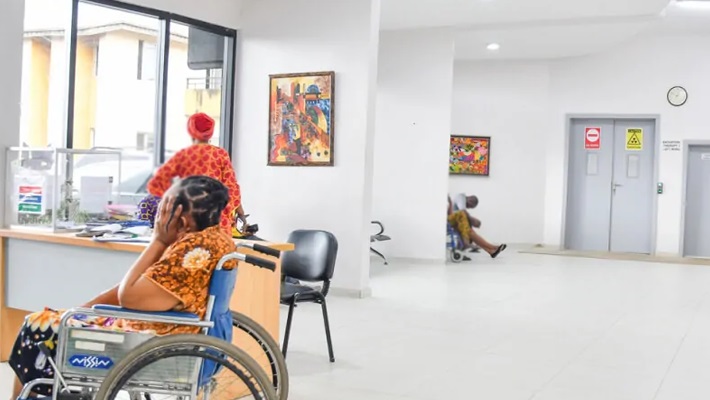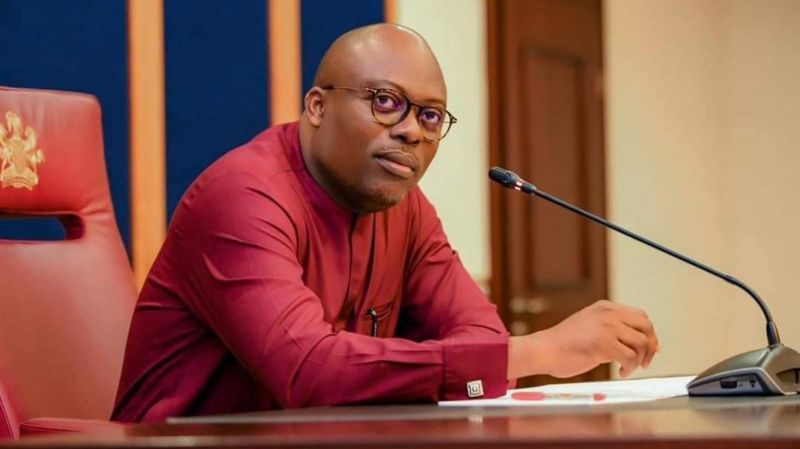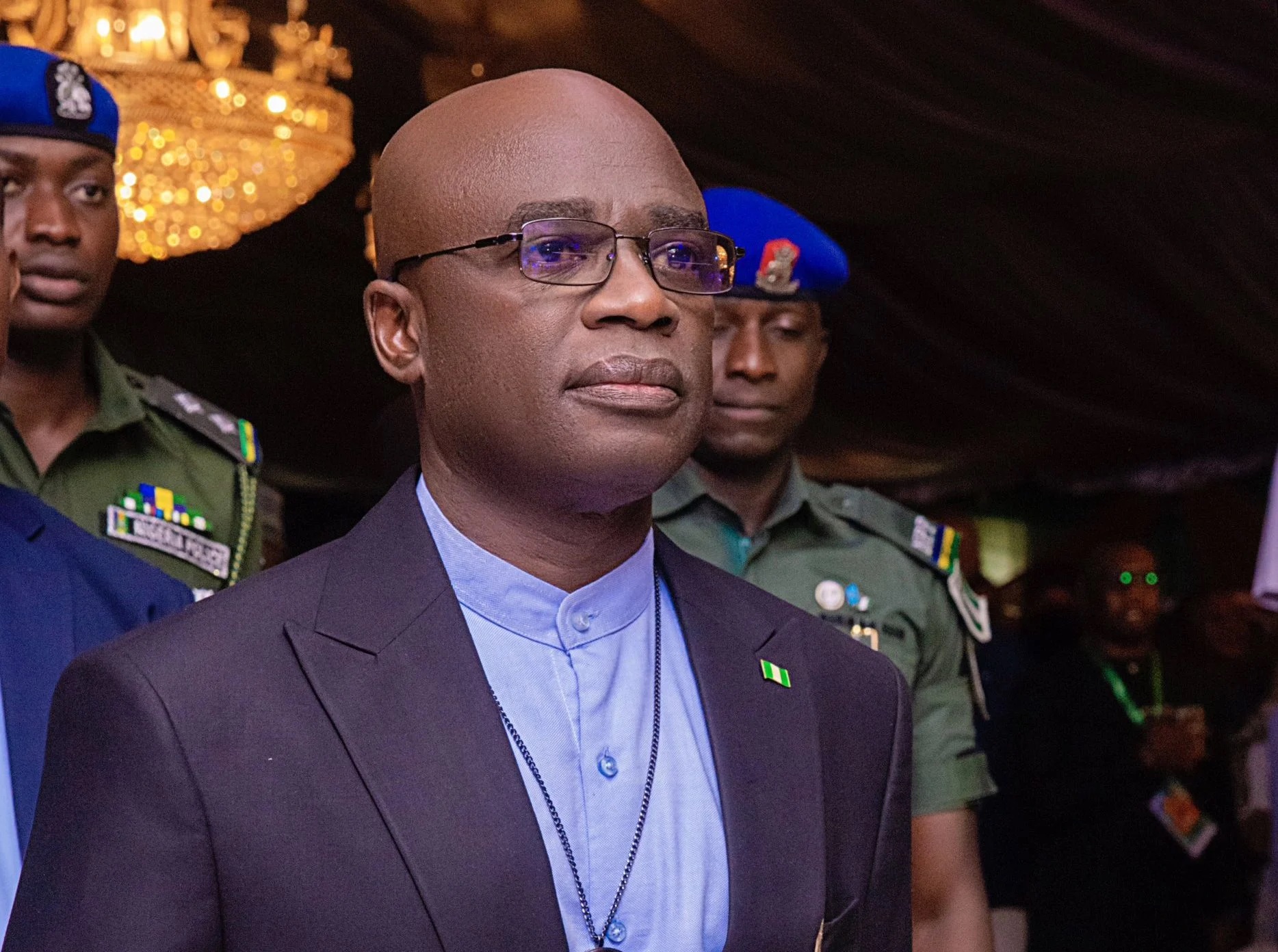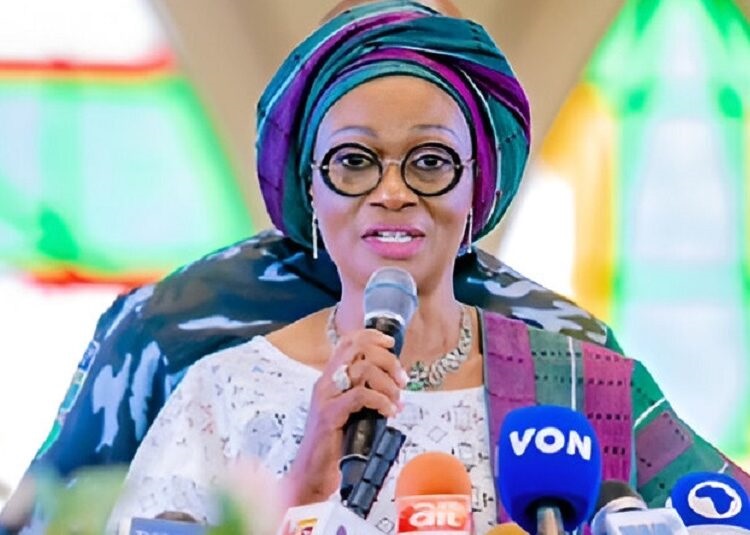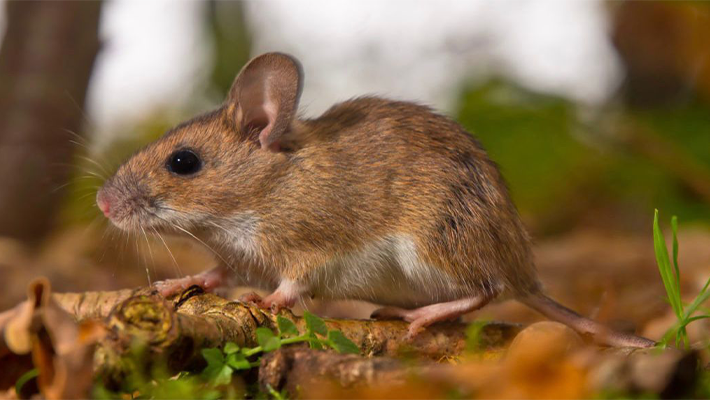Paediatricians have dispelled common misconceptions about childhood cancer, including the belief that it is contagious and a death sentence.
The paediatricians in an interview with the News Agency of Nigeria (NAN) on Monday in Osogbo, said that the society lacked adequate knowledge of cancer, especially in children.
Dr Oyetoke Oderanti, Consultant Paediatrician, Osun State University Teaching Hospital, attributed people’s reasoning about childhood cancer to lack of knowledge on cancer.
“Most people believe children are too innocent to be cursed by God, therefore, they should not have devastating diseases.
“However, this is not the case. Tumours or cancers can occur in anyone once they are genetically predisposed and some environmental factors can play a role.
“Although, most cancers have no known causes, risk factors for the cancers have been established,” she said.
The paediatrician said the most common type is lymphoproliferative disease blood cancer (leukaemias and lymphomas), and solid tumours.
She said most cancer cases were misdiagnosed which led to underreporting of statistics.
“Many children in low-income and middle-income countries, like ours, die of cancer and it contributes significantly to under-five mortality.
“The survival rate is about 20 per cent and about 200,000 cases are diagnosed yearly”, she said.
Oderanti, who advised that children diagnosed with blood cancer to take blood medication, noted that “these medicines are not readily available.”
The paediatrician said the best places for the management of cancer were the tertiary hospitals and teaching hospitals.
According to her, there is no specific centre for screening but Nigeria has the National Institute for Cancer Research and Treatment in Abuja, which promotes early screening.
Oderanti said that more awareness of childhood cancer could be raised through jingles on radio and television stations, town hall meetings, and discussions with religious and cultural leaders.
Oderanti also suggested the training and retraining of health workers, especially at the primary health centres, which could help in the early diagnosis and referrals.
Similarly, Dr Funmi Adesokan, Consultant Paediatrician, Osun State University Teaching Hospital, identified early diagnosis as a challenge due to inadequate facilities and personnel.
“A lot of persons who get in contact with the patient early do not have the knowledge to identify the disease.
“Diagnosis is also expensive and not readily accessible and affordable for patients,” she said.
She also mentioned some complications which existed during the child’s cancer treatment.
“They also require standard sterile environments to prevent acquiring infection because the treatment can gravely reduce their ability to fight infections leading to other complications and death.
“Those sterile facilities are not available in most hospitals.
“Radiotherapy facilities within the country are scanty. No centre within Osun offers this service,” she said.
She also attributed inadequate awareness or knowledge of childhood cancers which led to delay presentation, diagnosis and treatment.
Adesokan also identified poverty, non-specific symptoms of cancer, non-availability of diagnostic services in most hospitals, and skilled personnel as some of the challenges to managing childhood cancer.
“The lack of trust in medical care also worsens the outcome as some people use traditional herbs which do not cure the disease and allow continuous spread till it can no longer be salvaged,” she said.
(NAN)

